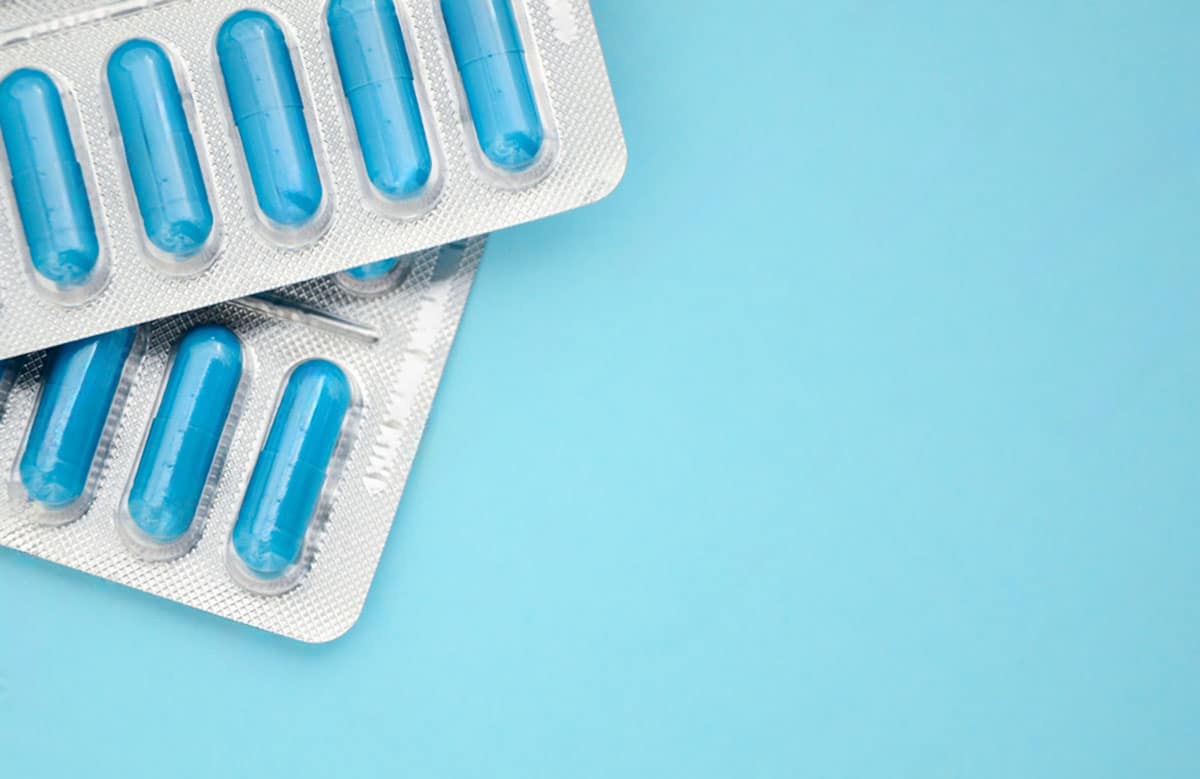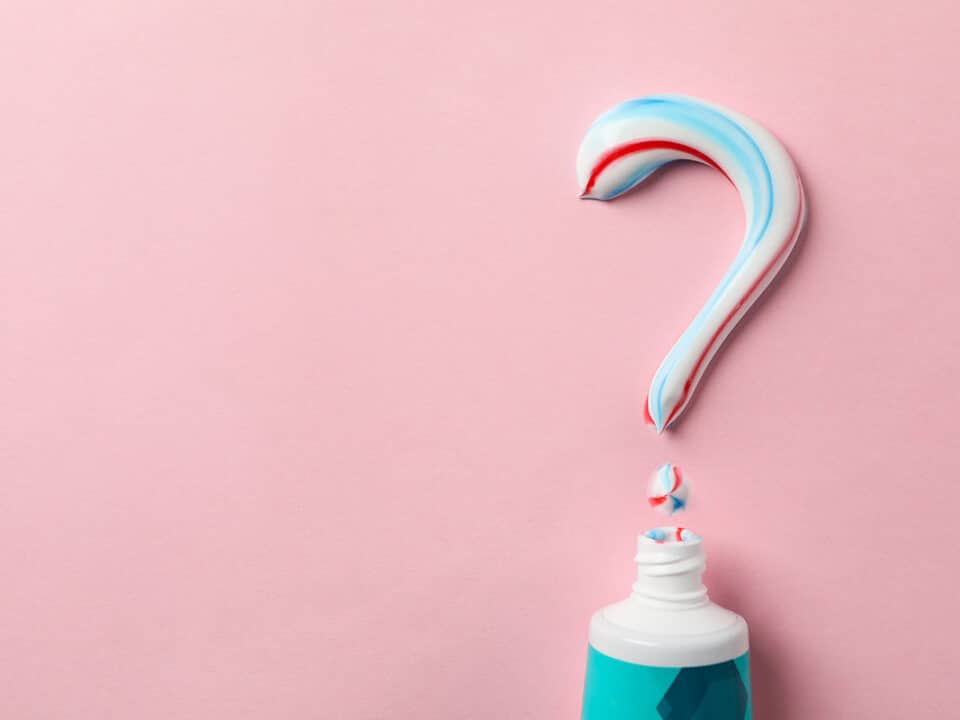In recent years, the spotlight has turned toward the role of probiotics in promoting not just gut health but also oral well-being. Dental probiotics, comprising beneficial bacteria, have emerged as a natural approach to maintaining a healthy mouth. From combating bad breath to preventing gum disease, these microorganisms offer numerous benefits. This article examines the benefits of dental probiotics, exploring how they contribute to optimal oral health and why they may be a valuable addition to your daily routine.
Table of Contents
Understanding Dental Probiotics

What Are Dental Probiotics?
Dental probiotics are live microorganisms formulated to improve oral health by balancing bacteria levels in the mouth. Delivered via lozenges, gums, rinses, or tablets, these supplements target the oral microbiome rather than the gut. A healthy oral microbiome can reduce harmful bacteria, promote fresh breath, and even prevent gum disease and tooth decay (Colgate).
How Do They Work?
Oral probiotics work by colonizing your mouth with beneficial bacteria. These good microbes compete with harmful bacteria for space and nutrients, produce antibacterial compounds, and help restore the mouth’s natural pH balance (ADA). This creates an environment less prone to dental issues like plaque buildup, gingivitis, and bad breath.
Key Benefits of Dental Probiotics

1. Reducing Bad Breath Naturally
One of the most popular uses of oral probiotics is to combat bad breath. Bad breath, or halitosis, is often caused by the production of volatile sulphur compounds (VSCs) by bacteria on the tongue and in gum pockets. Specific probiotic strains, particularly Streptococcus salivarius K12 and M18, can reduce VSCs significantly. These strains colonize the mouth and create a healthier bacterial balance, leading to noticeably fresher breath often within days.
2. Supporting Gum Health
Gum inflammation and bleeding are early signs of gingivitis, which, if left untreated, can progress to periodontitis. Probiotics like Lactobacillus reuteri help calm inflammation, reduce bleeding, and combat pathogenic bacteria that cause periodontal disease. When combined with brushing and flossing, they support healthy, resilient gums (WebMD).
3. Reducing Dental Plaque and Cavities
Probiotics such as Lactobacillus rhamnosus and Lactobacillus acidophilus can interfere with the growth of cavity-causing bacteria like Streptococcus mutans. By restoring balance in the mouth, probiotics reduce acid production and plaque formation. They also help neutralize acid in the mouth, protecting tooth enamel. Studies show a notable decrease in plaque accumulation with daily use of dental probiotics.
4. Managing Oral Thrush and Yeast Infections
Oral thrush, caused by Candida albicans, thrives in disrupted microbiomes. This condition frequently affects infants, denture wearers, and individuals with compromised immune systems. Probiotics help prevent fungal overgrowth by enhancing microbial diversity. Lactobacillus acidophilus has been found particularly effective in reducing yeast infections in the mouth.
5. Promoting a Balanced Oral Microbiome
Beyond addressing individual issues, dental probiotics promote overall oral ecosystem health. They help maintain a neutral pH, which is vital for preventing tooth decay. Additionally, they reduce inflammation, restore microbial harmony, and build resistance to common oral pathogens (Healthline), making your mouth more resilient to everyday challenges.
How to Use Dental Probiotics Effectively

Choosing the Right Probiotic Strains
Selecting the right dental probiotic product is crucial for achieving desired results.
Look for products containing clinically supported strains like:
Streptococcus salivarius K12 & M18
Lactobacillus reuteri
Lactobacillus paracasei
Lactobacillus acidophilus
These strains are backed by research for their effectiveness in managing halitosis, plaque, and gingivitis.
Products should be designed for oral use (not general digestive probiotics) and ideally provide at least 1 billion CFUs (colony-forming units) per serving. It’s also important to verify the product’s shelf life and storage requirements.
*CFU stands for “colony-forming unit,” which is a measure of the number of viable, active microorganisms in a probiotic product. The CFU count tells you how many live bacteria are present in each serving and capable of multiplying and forming colonies in your mouth. Higher CFU counts generally indicate a more potent product, although the effectiveness also depends on the specific strains and how well they survive in the oral environment.
Usage Tips
Dental probiotics are most effective when used consistently, often once or twice daily. They are best taken after brushing, allowing the bacteria to colonize the clean oral environment. Avoid eating or drinking for at least 30 minutes after use to maximize adhesion. Remember, probiotics should complement—not replace—your usual dental hygiene practices.
Potential Considerations and Precautions
While dental probiotics are safe for most individuals, a few considerations are worth noting. People with severely compromised immune systems should consult a healthcare provider before use. Also, not all products are created equal—some may lack clinically backed strains or sufficient CFUs. Mild side effects, such as gas or bloating, are rare but possible when first starting probiotics.
Probiotics should not be viewed as a cure-all but rather a valuable addition to a well-rounded oral care routine. Proper brushing, flossing, hydration, and regular dental visits remain essential.
Quick Takeaways: Key Points About Dental Probiotics
Summary of Benefits
- Promotes fresh breath by reducing odour-causing bacteria
- Helps prevent gum inflammation and gingivitis
- Fights plaque and reduces cavity risk
- Balances oral flora to prevent yeast infections
- Easy to use daily as part of your oral care routine
- Dental probiotics are beneficial bacteria that support a healthy oral microbiome.
- Choose probiotics with proven strains, such as S. salivarius K12 and L. reuteri.
- Daily, consistent use provides the best results.
- They are safe and effective when used in conjunction with traditional oral hygiene practices.
Conclusion
Incorporating dental probiotics into your oral care routine can lead to significant improvements in your dental and overall health. These beneficial bacteria help manage everything from halitosis to gum inflammation, offering a natural, non-invasive solution for many common oral health issues. As our understanding of the oral microbiome grows, so too does the potential of probiotics in dentistry.
If you’re looking for a way to enhance your smile from the inside out, dental probiotics are a safe and promising option. Just be sure to choose the right strain, follow recommended usage guidelines, and keep up with your brushing, flossing, and dental checkups.
Absolutely. Probiotics are a complement, not a replacement, for daily hygiene.
Mild bloating or gas is rare but possible in some individuals when starting probiotics.
Yes. Oral and gut probiotics serve different purposes and can complement each other when taken simultaneously.
After you’ve brushed your teeth at night is ideal, as it gives the beneficial bacteria more time to adhere to oral surfaces without interruption.
References
American Dental Association. “Probiotics vs Antimicrobial Agents in Periodontal Disease” https://adanews.ada.org/huddles/probiotics-vs-antimicrobial-agents-in-periodontal-disease/
Colgate. “Probiotics and Oral Health.” https://www.colgate.com/en-us/oral-health/plaque-and-tartar/probiotics-for-oral-health
Healthline. “Oral Probiotics: What They Are and How They Work.” https://www.healthline.com/health/oral-probiotics
WebMD. “Can Probiotics Help Your Gums?” https://www.webmd.com/oral-health/probiotics-gum-disease
Ask The Dentist. “Best Oral Probiotics For Healthier Teeth and Gums.” https://askthedentist.com/oral-probiotics/
Check us out on Facebook and Twitter for daily information about Oral Health from Martindale Dental, or visit our offices in Hamilton and St. Catharines.
Have more questions?
Please contact us for all inquiries or to book an appointment with one of our convenient clinic locations. We look forward to hearing from you.




